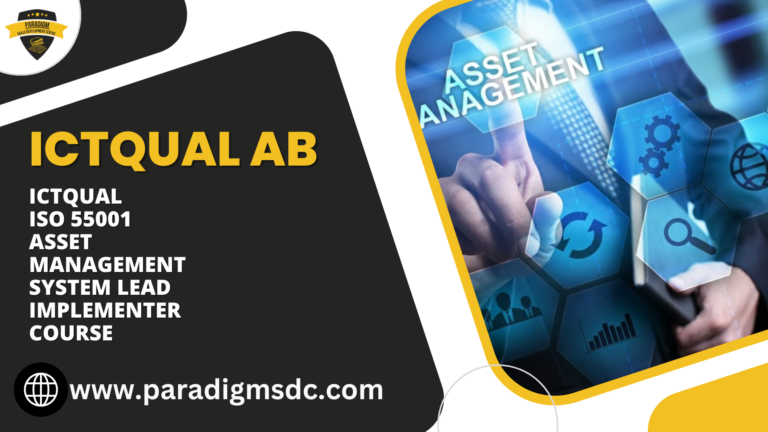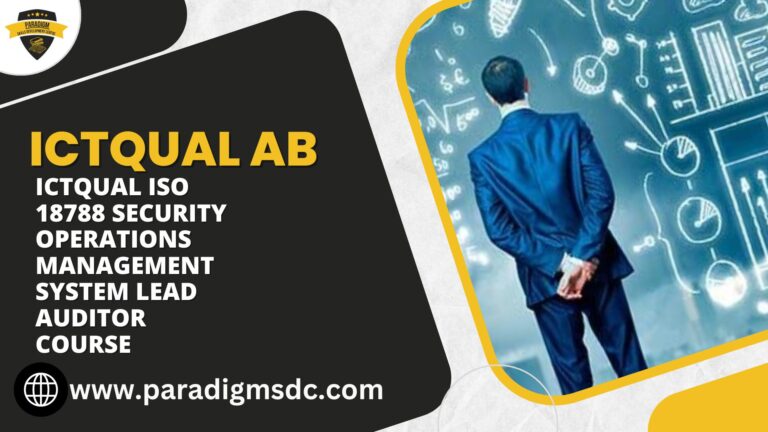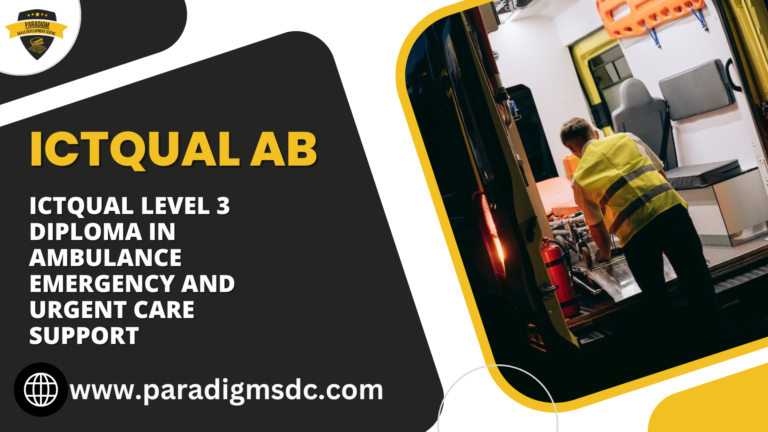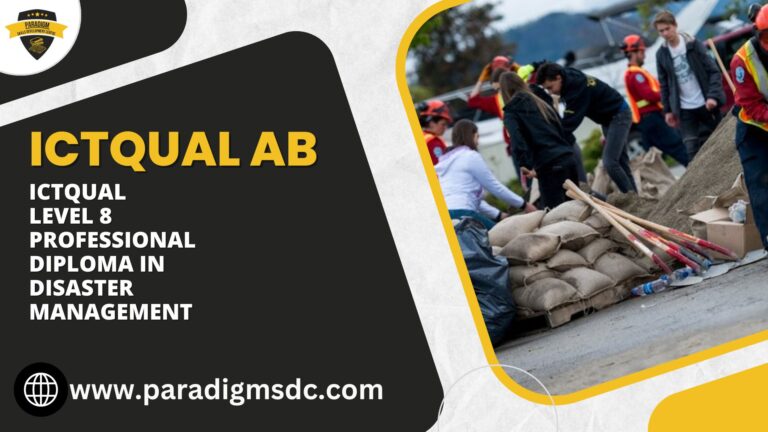Course Introduction
The ICTQual Level 2 Award in Food Allergen Awareness is an essential training program designed to provide learners with the knowledge and skills necessary to manage food allergens effectively. With food allergies on the rise, it is crucial for those working in the food industry to understand how to identify, handle, and communicate the presence of allergens. This course aims to ensure that food safety practices are in place to protect consumers and comply with legal requirements.
Course Overview
Food allergen awareness is critical in preventing allergic reactions, which can be life-threatening. This course covers both theoretical and practical aspects of managing food allergens, focusing on the identification of allergens, risk assessment, and implementation of effective safety measures. Through a combination of classroom instruction and practical exercises, participants will gain a comprehensive understanding of how to maintain a safe environment for consumers with food allergies.
Course Study Units
- Introduction to Food Allergies and Intolerances
- Allergen Identification and Sources
- Allergen Management Practices
- Communication and Customer Service
- Emergency Procedures and Response
Learning Outcomes
Upon completing this course, learners will be able to:
Introduction to Food Allergies and Intolerances
- Understanding Allergy vs. Intolerance: Differentiate between food allergies and intolerances, grasping the immune system’s response to allergens versus the body’s inability to digest certain foods.
- Recognition of Common Allergens: Identify prevalent allergens such as peanuts, tree nuts, shellfish, dairy, eggs, wheat, soy, and fish, understanding their potential effects on allergic individuals.
- Symptom Recognition: Recognize the signs and symptoms of allergic reactions, including skin rashes, gastrointestinal distress, respiratory difficulties, and anaphylaxis.
Allergen Identification and Sources
- Label Reading: Interpret food labels effectively, identifying allergenic ingredients and potential sources of cross-contamination.
- Ingredient Awareness: Understand the importance of ingredient awareness in preventing accidental exposure to allergens, and recognizing hidden sources of allergens in processed foods.
- Cross-Contact Identification: Identify scenarios where cross-contact may occur during food preparation, storage, and service, implementing measures to prevent allergen contamination.
Allergen Management Practices
- Segregation Techniques: Implement segregation techniques to prevent cross-contact between allergenic and non-allergenic ingredients in food service establishments.
- Sanitation Procedures: Develop standardized procedures for cleaning and sanitizing equipment, utensils, and food preparation surfaces to minimize the risk of allergen contamination.
- Staff Training: Train staff members on allergen management practices, ensuring a consistent approach to allergen safety and awareness throughout the organization.
Communication and Customer Service
- Clear Communication: Communicate allergen information to customers clearly and accurately, using language that is easily understood and providing alternative options when necessary.
- Accommodation of Dietary Needs: Accommodate special dietary requests and preferences with professionalism and empathy, ensuring that customers with food allergies feel valued and respected.
- Conflict Resolution: Resolve conflicts and address concerns related to food allergies with tact and diplomacy, maintaining a positive customer experience while prioritizing safety.
Emergency Procedures and Response
- Recognition of Allergic Reactions: Recognize the signs and symptoms of an allergic reaction, including mild reactions and life-threatening anaphylaxis.
- Emergency Response Protocols: Implement established emergency response protocols promptly and effectively in the event of an allergic emergency, including the administration of epinephrine and coordination with medical professionals.
- Post-Emergency Support: Provide post-emergency support to affected individuals and their companions, offering reassurance, assistance, and follow-up care as needed.
Course Benefits
- Enhanced Food Safety: Equip learners with the skills and knowledge to manage food allergens effectively, reducing the risk of allergic reactions.
- Legal Compliance: Ensure compliance with food safety regulations and legal requirements related to allergens.
- Improved Consumer Confidence: Promote consumer trust by demonstrating a commitment to food allergen safety and transparency.
- Increased Efficiency: Implementing effective allergen management practices can lead to more efficient operations and improved safety standards.
Who is This Course For?
This course is ideal for:
- Food handlers and catering staff.
- Supervisors and managers in food establishments.
- Health and safety officers in the food industry.
- Individuals seeking to enhance their employability in the food sector.
- Anyone responsible for managing food safety and allergens in a food environment.
Future Progression
Upon completing the ICTQual Level 2 Award in Food Allergen Awareness, learners may consider advancing their knowledge and skills with further training opportunities, such as:
- ICTQual Level 3 Award in Food Safety Supervision for Catering: Advanced training for those in supervisory roles to manage overall food safety.
- ICTQual Level 3 Award in Health and Safety in the Workplace: Comprehensive training to enhance overall workplace safety.
- ICTQual Level 4 Award in Managing Food Safety: Extensive training for those seeking to take on higher-level roles in food safety management.
By completing this course, participants will be better prepared to ensure the safe handling of food allergens, creating a safer and more inclusive environment for consumers with food allergies.







